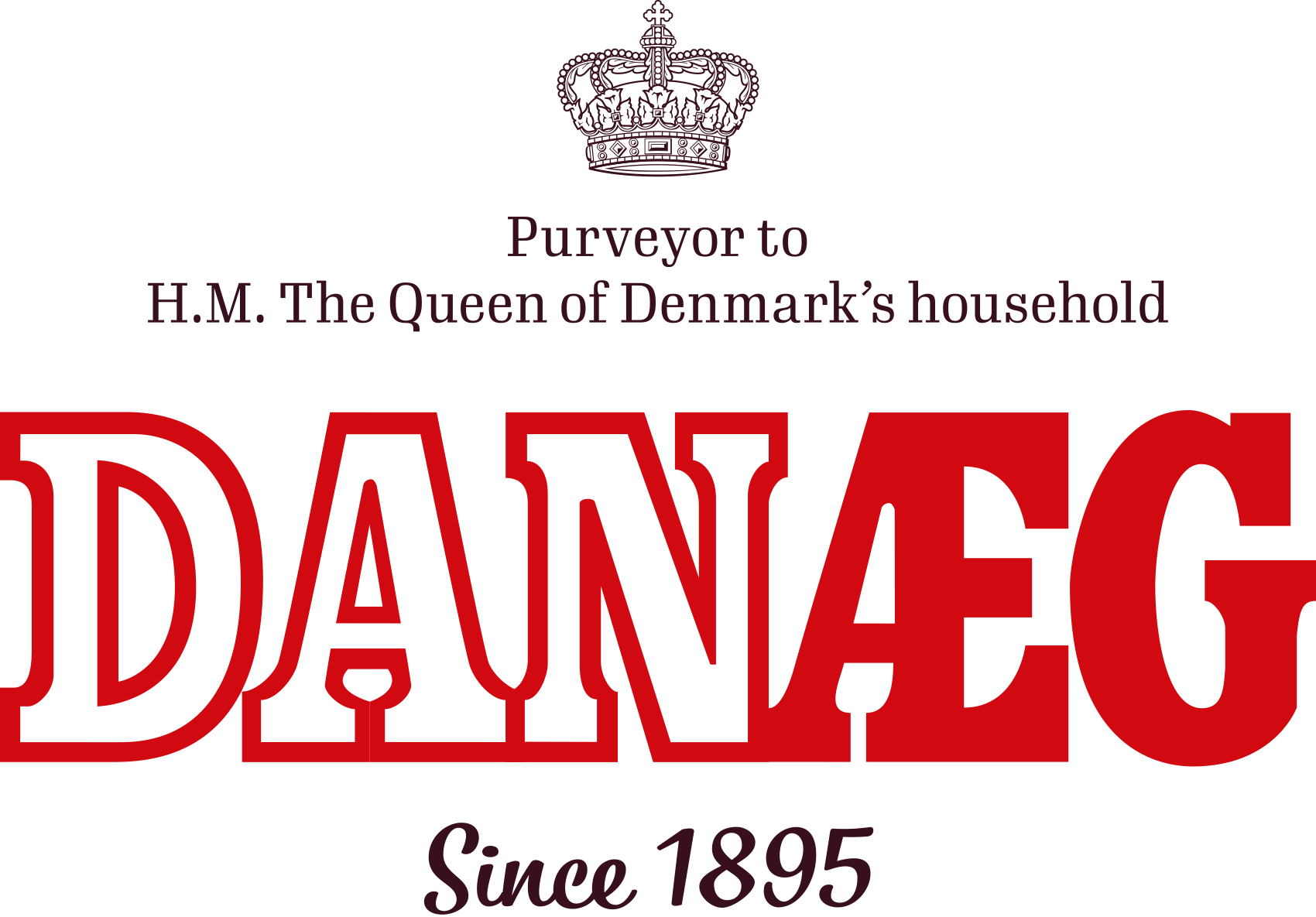Inside the egg
Behind the shell
Inside the egg, it is quite complex. Did you know, for example, that the egg yolk consists of six layers? Or have you ever wondered why there are occasional small brown spots inside the egg?
The anatomy of the egg
What does an egg consist of?
An egg largely consists of shell, egg white and egg yolk. The yolk makes up about 1/3 and the egg white 2/3.
1) Ultimately, the egg has a shell. 2) In the yolk there is a seedling which can be fertilized. 3) Along the inside of the eggshell lies a shell membrane. 4) At the end of the egg there is an air bladder which slowly expands as the egg ages. 5) On both sides of the yolk there is a white string which makes sure to hold the yolk in place. It is called a "kalasa string". 6) In the middle is the yolk. 7) Around the yolk lies the egg white.
The color of the egg yolk
Why are some egg yolks more yellow than others?
The yellow color of the egg yolk comes from the two plant substance colors - carotenoids and xanthopylls.
The color of the egg yolk is affected by the composition of the feed. Corn and grass in particular affect the color of the plum. For this reason, the hens' feed, which consists of plant matter, influences the color of the yolk.
Protein stains
What are the small, brownish spots in some eggs?
Small brownish spots may appear inside the egg. These are protein stains that are completely harmless.
The frequency of the protein spots varies from hen flock to hen flock and increases with the age of the hen. We also know that protein stains are more often seen in eggs laid by brown hens.
Why is there no yolk in the egg?
It can very rarely happen that an egg contains only egg white. The formation of egg white is usually stimulated by the yolk. But on rare occasions, a small piece of tissue or blood that is torn loose from the fallopian tube can stimulate the formation of the egg white - or that the egg yolk breaks and "disappears" on its way down to the fallopian tube.
You can easily eat an egg that has no yolk.
Why can there be two yolks in one egg?
When there are two yolks in an egg, the egg is called a "double yolk egg". The double-yolk eggs are often laid by young hens whose egg production cycle is not yet fully in place. Occasionally, however, a hen lays eggs with two yolks throughout the egg laying period. Here, genetic factors may play a role.
Only one in 1000 eggs has two yolks, and double yolk eggs are therefore quite rare.
